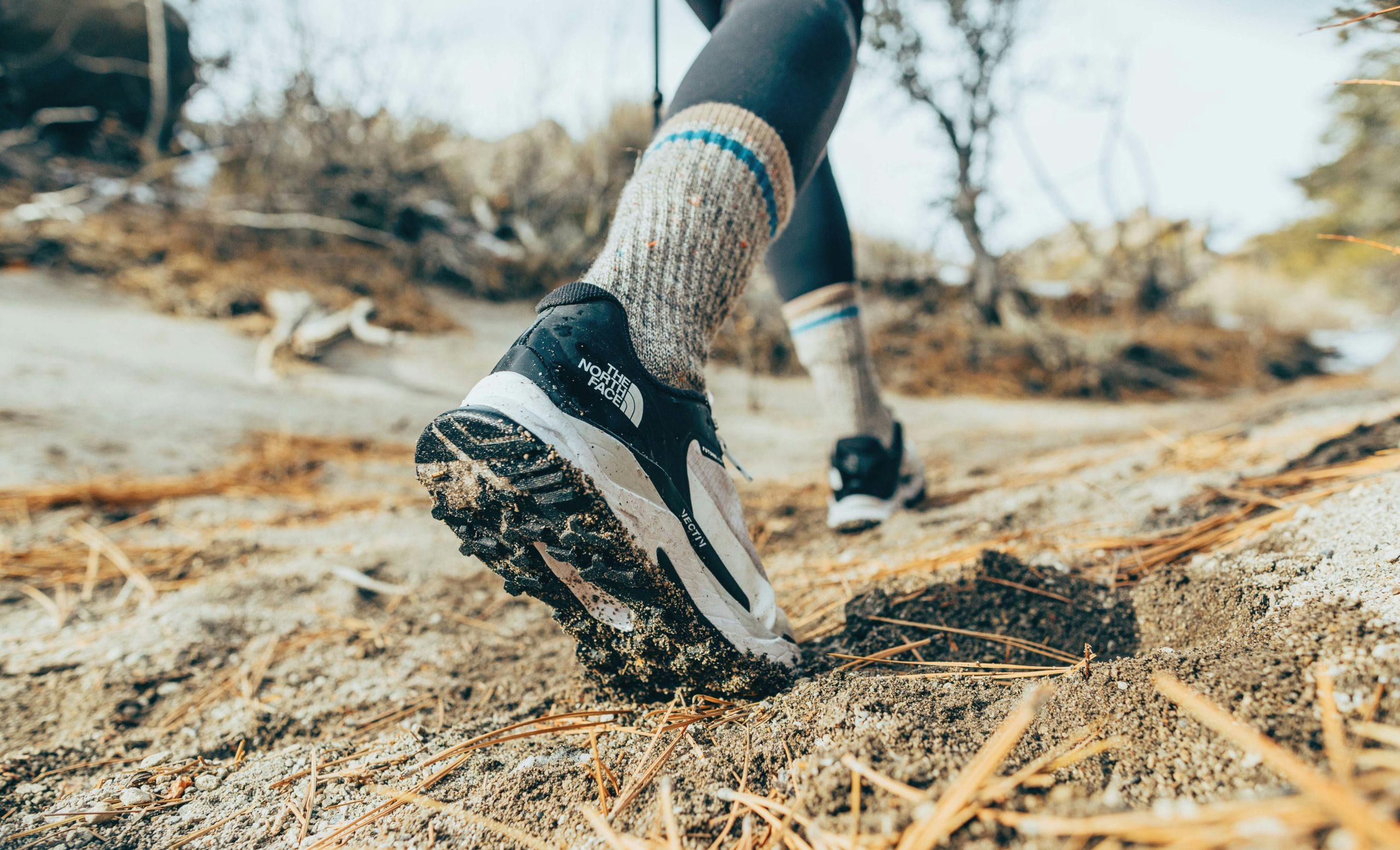Any walking is good for you but to gain the best effect from the Walk1200km challenge, do as many nature walks as possible.
Several scientific studies have shown that life’s challenges can be more easily faced by going for a walk, especially if that walk is in natural surroundings.
A recent Icelandic study, ‘Health Benefits of Walking in Nature’, had students exercising in nature, watching a nature video or walking indoors on a treadmill. The objective was to discover what impact the different activities might have on stress levels when participants were mentally fatigued and when they were in a more laid-back state.
Not surprisingly, the three tasks had different impacts on stress levels.
Dr Meredith Peddie from the Univer- sity of Otago said that interesting findings from the study “were that all three interventions resulted in lower cortisol levels immediately after their completion. However, when under stress, exercising in nature lowered cortisol to a greater degree than just watching a nature video.”
While cortisol levels were similarly lowered for the students on the treadmill, walking in nature “improved the positive affect – one’s propensity to experience positive emotions and interact with others and with life’s challenges in a positive way – more than walking in the gym or watching a nature video”.
Dr Peddie also noted: “There are a couple of different theories that suggest that spending time in nature encourages more effortless brain function, compared to when we are actively directing attention to specific tasks, thereby allowing the brain to recover and restore its directed attention capacity.”
The results of the Icelandic study mirror others done around the world, including in New Zealand.
In 2019, Dr Liana Machado from the University of Otago’s Department of Psychology led a study examining the benefits of exercise on cognition and mood, in which participants were asked to climb stairs. The study found that people felt “more energetic, less tense and less tired” following the stair climbing, and that the higher the intensity of exercise, the better people felt.
That’s the good news. However, Dr Machado says that physical activity levels in New Zealand are particularly low, especially among women. “Given that young adult women are known to have higher levels of anxiety, they may stand to benefit from engaging in exercise, to reduce those feelings of anxiety.”
Forest-walking, known as shinrin-yoku or ‘forest bathing’, has been popular in Japan since the 1980s, when many Japanese were found to be suffering adverse health outcomes from working in high-stress corporate environments. It’s now used as a form of eco-therapy.
A 2018 study examined the psychological benefits of shinrin-yoku by having one group of participants walk through a heavily wooded forest while another group walked in the city, then their psychological responses and anxiety levels were measured. In comparison to the city walkers, the forest walkers experienced decreased depression and dejection, tension-anxiety, anger-hostility, fatigue and confusion, and experienced improved positive moods. Shinrin-yoku was shown to reduce stress, lower heart rate and blood pressure and reduce muscle tension.
A further women-only study in 2019 supported these findings, and showed that a brief forest walk resulted in vastly improved relaxation responses for participants. Meanwhile, a study of urban men showed that taking a walk in a city park, as opposed to city streets, resulted in significant physiological and psychological benefits.
“The research indicates that greater benefits can be gained from walking in nature rather than in built-up areas,” says Dr Machado, “which suggests that mood benefits go beyond just the exercise itself. So it may be worth considering a forest or bush walk over a walk in the city.”
Dr Peddie agrees, saying studies like this and the Icelandic one confirm “the age-old belief in the salubrious effects of exposure to nature”.








